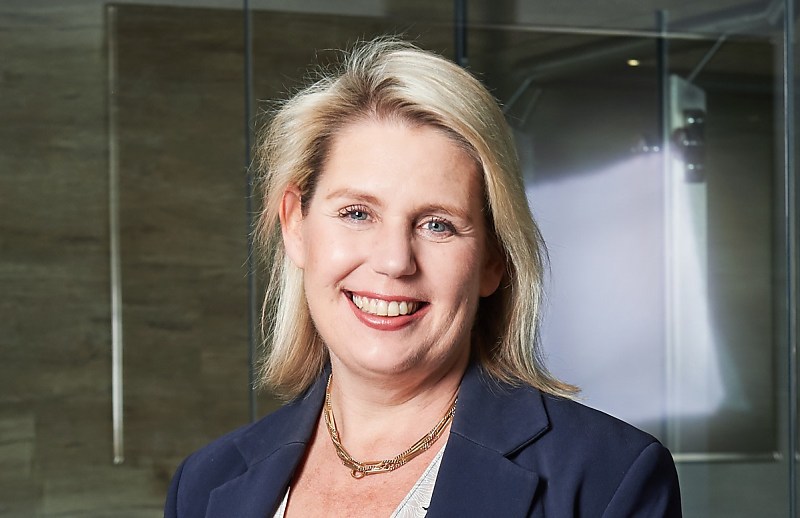Two companies and their owners who shortchanged employees almost 2.4 million over a decade have been fined $375,000 after the Fair Work Ombudsman pursued legal action on behalf of five who had arrived in Australia as refugees.
The five were underpaid a total of $194,249 over a period of just 20 months in 2018-19 when they were employed to sort waste at facilities in Dandenong and Hallam in Victoria, then operated by Polytrade.
You’re out of free articles for this month
Polytrade was one of the biggest recycling companies in Victoria at the time and held waste management contracts with a number of local government bodies.
The five affected workers were on protection visas or bridging visas after arriving in Australia as refugees from southern Asia and spoke limited English.
The Federal Court imposed $375,515 in penalties including:
- $138,600 against Polytrade, now known as PT 349 Pty Ltd, for being an accessory in the underpayment of the workers.
- $200,375 against labour supplier PTES 928 (formerly Polytrade Employment Services) for directly underpaying the workers. PTES 928 employed the workers and supplied them to Polytrade on an on-hire basis.
- $27,720 and $8,820 respectively against Polytrade’s owners, husband-and-wife Mr Man Sang Chen and Ms Pui Shan Ho, for also being accessories in the underpayments. Ms Ho is also the owner of PTES 928.
PTES 928 has repaid the five plus a further $2.2 million to workers who had been underpaid since 2012 but were not involved in the FWO’s legal action.
Justice John Snaden said the five workers “were paid between 53 and 58 per cent” of what the award required.
“On any view, those are damning figures,” he said, made worse by considering the personal circumstances of the relevant employees.
“All are from migrant backgrounds and have limited-to-negligible written and verbal English skills.”
The contravening conduct was “wantonly naïve, at best. At worst, it involved a deliberate and cavalier disregard of important award safety net obligations.”
“The court must exact a heavy toll: not merely to ensure that [PTES 928 Pty Ltd] is brought to account for its obnoxious conduct; but also to serve as a warning to other employers who might be minded to ignore their own important Award and statutory obligations in the way that [PTES 928 Pty Ltd] did.”
Justice Snaden said Polytrade and Mr Cheng should also pay “heavy prices” for their active involvement in the contraventions.
FWO investigated the case after a tip-off from the Australian Workers Union and discovered the five were paid a flat rate of $22 per hour but were required to perform night, weekend and public holiday work.
Some of the workers told the court they worked 12-hour shifts, usually six and sometimes seven days per week.
They were short-changed on the minimum wage rate, overtime rates, loadings for casual, night and shift work, and penalty rates under the Waste Management Award 2010.
The companies also breached record-keeping, payslip and superannuation requirements.
Acting Fair Work Ombudsman Kristen Hannah said the office treated the underpayment of migrant workers “particularly seriously”.
“These workers can be vulnerable if they are unaware of their entitlements or reluctant to complain,” she said. “But visa holders have the same workplace rights as all other workers."
“Any employer that blatantly underpays migrant workers’ basic entitlements risks facing significant penalties. The five workers here were paid only slightly more than half of what they were entitled to.”
In the six years to June, the FWO had filed 138 litigations involving visa holder workers and secured $15 million in court-ordered penalties.
The FWO has an agreement with the Department of Home Affairs, called the Assurance Protocol, where visa holders with work rights can ask for help without fear of their visas being cancelled.
Philip King
AUTHOR
Philip King is editor of Accountants Daily and SMSF Adviser, the leading sources of news, insight, and educational content for professionals in the accounting and SMSF sectors.
Philip joined the titles in March 2022 and brings extensive experience from a variety of roles at The Australian national broadsheet daily, most recently as motoring editor. His background also takes in spells on diverse consumer and trade magazines.
You can email Philip on: This email address is being protected from spambots. You need JavaScript enabled to view it.

 Login
Login







